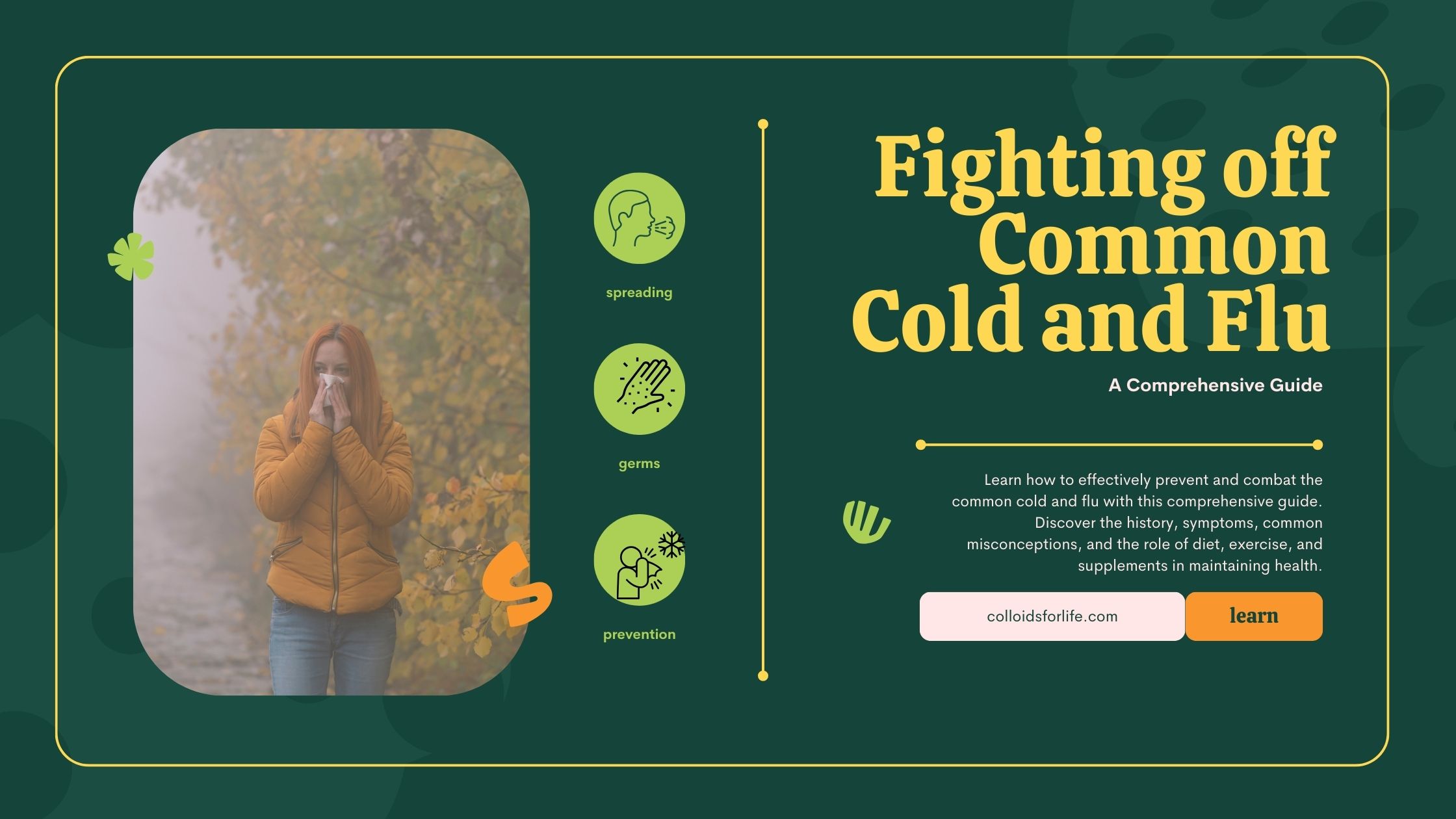
y now, most people have adjusted to daylight savings time after springing forward last Sunday, but a few may be at an increased risk for health complications such as heart attack over the next few weeks.
Health Risks Following Daylight Savings Time
In the weeks that follow Daylight Savings Time, rates for heart attack and suicide rise, especially in men. Part of the cause may be due to inflammatory and metabolic changes in cells, according to an article from Time.com. Another likely cause, though, is the disruption of melatonin production.
The Importance of Your Circadian Rhythm
Your circadian rhythm regulates your waking and sleeping pattern, as well as when you feel most active during the day. It is incredibly important to your health. Melatonin, the main regulator of your circadian rhythm, is produced by your body when you’re in darkness (as when you sleep). It not only enhances your sleep but is also an important antioxidant that may help prevent cancer and other serious diseases.
Impact of Disrupted Circadian Rhythm
Whenever your circadian rhythm is disrupted, as with Daylight Savings Time, your body’s melatonin production is disrupted. While most people recover after a day, those with chronic conditions such as poor heart health or depression are at a greater risk for complications, such as heart attack and suicide, respectively.
Key Points:
- Heart Attack: Rates increase following Daylight Savings Time.
- Suicide: Higher rates observed, especially in men.
- Melatonin Disruption: Leads to poor sleep and increased health risks.
Long-term Effects of Circadian Rhythm Disruption
Regular disruption of the circadian rhythm, whether due to a shift job, certain lifestyles, or insomnia, can cause chronic health problems, including:
- Increased Cancer Risk: Up to a 50% increased risk.
- Psychological Problems: Increased rates and exacerbation of issues such as stress and depression.
- Weight Gain: Lack of sleep leads to more snacking, and low melatonin production is linked to weight gain.
Mitigating the Risks
If you’re worried that you may be at risk due to Daylight Savings Time or from chronic lack of sleep, regulate your circadian rhythm by supplying your body with melatonin from a supplement.
Supplementing with Melatonin
Taking melatonin supplements can help regulate your sleep cycle and mitigate the health risks associated with circadian rhythm disruption. Melatonin supplements can:
- Improve Sleep Quality: Helps you fall asleep faster and stay asleep longer.
- Enhance Overall Health: Supports immune function, reduces inflammation, and acts as an antioxidant.
- Regulate Circadian Rhythm: Helps your body adjust to time changes and irregular schedules









